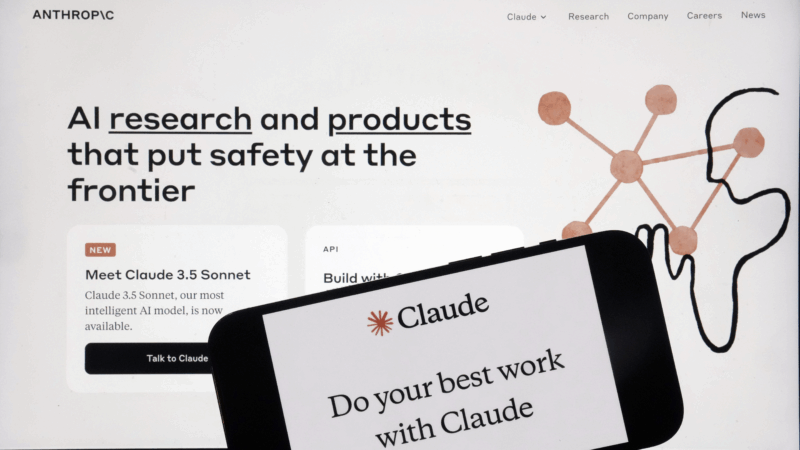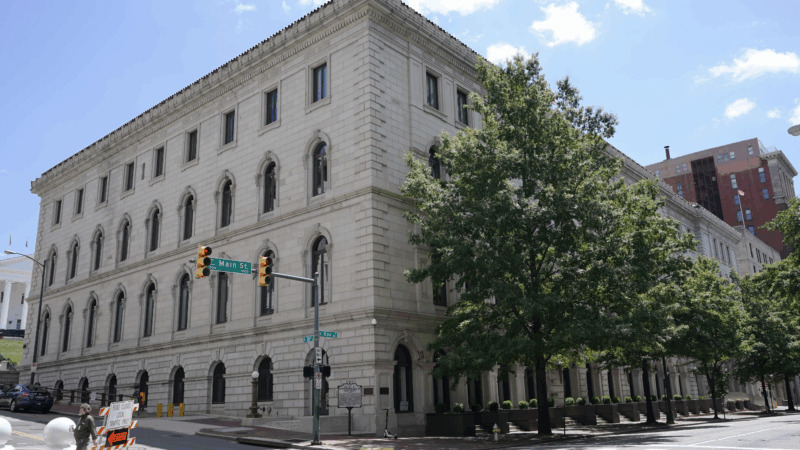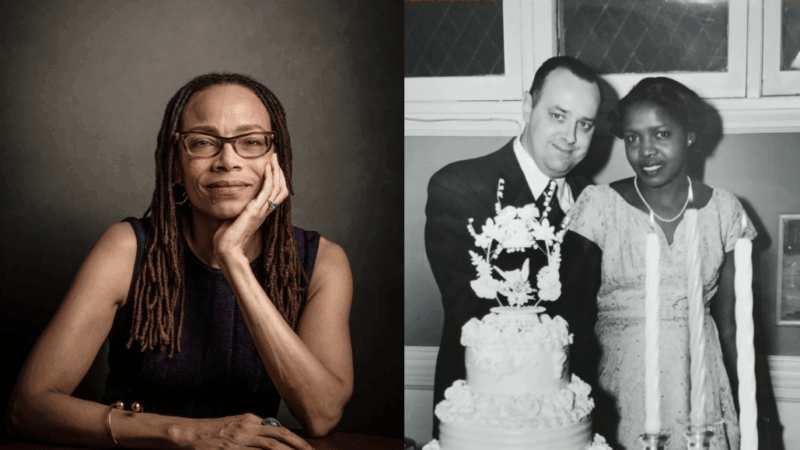In a first-of-its-kind decision, an AI company wins a copyright infringement lawsuit brought by authors
AI companies could have the legal right to train their large language models on copyrighted works — as long as they obtain copies of those works legally.
That’s the upshot of a first-of-its-kind ruling by a federal judge in San Francisco on Monday in an ongoing copyright infringement case that pits a group of authors against a major AI company.
The ruling is significant because it represents the first substantive decision on how fair use applies to generative AI systems.
Fair use doctrine enables copyrighted works to be used by third parties without the copyright holder’s consent in some circumstances such as illustrating a point in a news article. Claims of fair use are commonly invoked by AI companies trying to make the case for the use of copyrighted works to train their generative AI models. But authors and other creative industry plaintiffs have been pushing back with a slew of lawsuits.
Authors take on Anthropic
In their 2024 class action lawsuit, authors Andrea Bartz, Charles Graeber and Kirk Wallace Johnson alleged Anthropic AI used the contents of millions of digitized copyrighted books to train the large language models behind their chatbot, Claude, including at least two works by each plaintiff. The company also bought some hard copy books and scanned them before ingesting them into its model.
“Rather than obtaining permission and paying a fair price for the creations it exploits, Anthropic pirated them,” the authors’ complaint states.
In Monday’s order, Senior U.S. District Judge William Alsup supported Anthropic’s argument, stating the company’s use of books by the plaintiffs to train their AI model was acceptable.
“The training use was a fair use,” he wrote. “The use of the books at issue to train Claude and its precursors was exceedingly transformative.”
The judge said the digitization of the books purchased in print form by Anthropic could also be considered fair use, “because all Anthropic did was replace the print copies it had purchased for its central library with more convenient space-saving and searchable digital copies for its central library — without adding new copies, creating new works, or redistributing existing copies.”
However, Alsup also acknowledged that not all books were paid for. He wrote Anthropic “downloaded for free millions of copyrighted books in digital form from pirate sites on the internet” as part of its effort “to amass a central library of ‘all the books in the world’ to retain ‘forever,.'”
Alsup did not approve of Anthropic’s view “that the pirated library copies must be treated as training copies,” and is allowing the authors’ piracy complaint to proceed to trial.
“We will have a trial on the pirated copies used to create Anthropic’s central library and the resulting damages, actual or statutory (including for willfulness),” Alsup stated.
Bifurcated responses
Alsup’s bifurcated decision led to similarly divided responses from those involved in the case and industry stakeholders.
In a statement to NPR, Anthropic praised the judge’s recognition that using works to train large language models was “transformative — spectacularly so.” The company added: “Consistent with copyright’s purpose in enabling creativity and fostering scientific progress, Anthropic’s large language models are trained upon works not to race ahead and replicate or supplant them, but to turn a hard corner and create something different.”
However, Anthropic also said it disagrees with the court’s decision to proceed with a trial.
“We believe it’s clear that we acquired books for one purpose only — building large language models — and the court clearly held that use was fair,” the company stated.
A member of the plaintiffs’ legal team declined to speak publicly about the decision.
The Authors’ Guild, a major professional writers’ advocacy group, did share a statement: “We disagree with the decision that using pirated or scanned books for training large language models is fair use,” the statement said.
In an interview with NPR, the guild’s CEO, Mary Rasenberger, added that authors need not be too concerned with the ruling.
”The impact of this decision for book authors is actually quite good,” Rasenberger said. “The judge understood the outrageous piracy. And that comes with statutory damages for intentional copyright infringement, which are quite high per book.”
According to the Copyright Alliance, U.S. copyright law states willful copyright infringement can lead to statutory damages of up to $150,000 per infringed work. The ruling states Anthropic pirated more than 7 million copies of books. So the damages resulting from the upcoming trial could be huge.
The part of the case focused on Anthropic’s liability for using pirated works is scheduled to go to trial in December.
Other cases and a new ruling
Similar lawsuits have been brought by other prominent authors. Ta-Nehisi Coates, Michael Chabon, Junot Díaz and the comedian Sarah Silverman are involved in ongoing cases against AI players.
On Wednesday, U.S. District Judge Vince Chhabria ruled in favor of Meta in one of those cases. A copyright infringement lawsuit was brought by 13 authors including Richard Kadrey and Silverman. They sued Meta for allegedly using pirated copies of their novels to train LLaMA. Meta claimed fair use and won because the authors failed to present evidence that Meta’s use of their books impacted the market for their original work. However, the judge said the ruling applies only to the specific works included in the lawsuit and that in future cases, authors making similar claims could win if they make a stronger case.
“ These rulings are going to help tech companies and copyright holders to see where judges and courts are likely to go in the future,” said Ray Seilie, a lawyer based in Los Angeles with the firm Kinsella Holley Iser Kump Steinsapir, who focuses on AI and creativity. He is not involved with this particular case.
“ I think they can be seen as a victory for the AI community writ large because they create a precedent suggesting that AI companies can use legally-obtained material to train their models,” Seilie said.
But he said this doesn’t mean AI companies can immediately go out and scan whatever books they buy with impunity, since the rulings are likely to be appealed and the cases could potentially wind up before the Supreme Court.
“ Everything could change,” Seilie said.
Federal judge acknowledges ‘abusive workplace’ in court order
The order did not identify the judge in question but two sources familiar with the process told NPR it is U.S. District Judge Lydia Kay Griggsby, a Biden appointee.
Top 5 takeaways from the House immigration oversight hearing
The hearing underscored how deeply divided Republicans and Democrats remain on top-level changes to immigration enforcement in the wake of the shootings of two U.S. citizens.
Snowboarder Chloe Kim is chasing an Olympic gold three-peat with a torn labrum
At 25, Chloe Kim could become the first halfpipe snowboarder to win three consecutive Olympic golds.
Pakistan-Afghanistan border closures paralyze trade along a key route
Trucks have been stuck at the closed border since October. Both countries are facing economic losses with no end in sight. The Taliban also banned all Pakistani pharmaceutical imports to Afghanistan.
Malinowski concedes to Mejia in Democratic House special primary in New Jersey
With the race still too close to call, former congressman Tom Malinowski conceded to challenger Analilia Mejia in a Democratic primary to replace the seat vacated by New Jersey Gov. Mikie Sherrill.
A daughter reexamines her own family story in ‘The Mixed Marriage Project’
Dorothy Roberts' parents, a white anthropologist and a Black woman from Jamaica, spent years interviewing interracial couples in Chicago. Her memoir draws from their records.






